Uncategorized
-
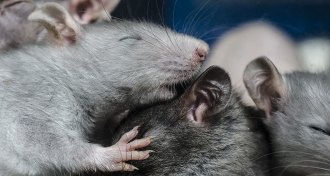 Neuroscience
NeuroscienceThere’s no rest for the brain’s mapmakers
Navigational grid cells stay on the job during sleep.
-
 Health & Medicine
Health & MedicineIn many places around the world, obesity in kids is on the rise
The last 40 years saw a big leap in obesity among children, totaling an estimated 124 million boys and girls in 2016.
-
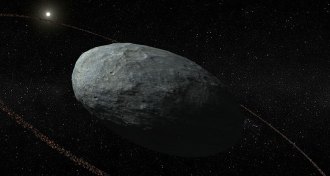 Astronomy
AstronomyOddball dwarf planet Haumea has a ring
The dwarf planet Haumea is now the most distant ringed object spotted in the solar system.
-
 Astronomy
AstronomyHow to make the cosmic web give up the matter it’s hiding
Half the ordinary matter in the universe is unaccounted for. Astronomers may now have a new way to see it spanning the space between galaxies.
-
 Genetics
GeneticsWe’re more Neandertal than we thought
Neandertals contributed more to human traits than previously thought.
-
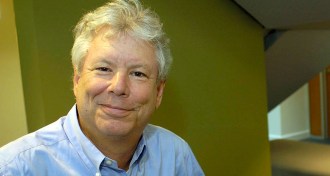 Science & Society
Science & SocietyEconomics Nobel nudges behavioral economist into the limelight
Behavioral economist Richard Thaler started influential investigations of behavioral economics, which earned him the 2017 Nobel Memorial Prize in Economic Sciences.
By Bruce Bower -
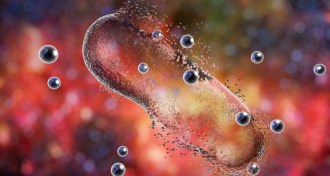 Tech
TechSuperbugs may meet their match in these nanoparticles
Quantum dots and antibiotics hit bacteria with a one-two punch.
-
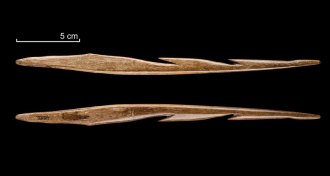 Archaeology
ArchaeologyEurope’s Stone Age fishers used beeswax to make a point
Late Stone Age Europeans made spears with beeswax adhesive.
By Bruce Bower -
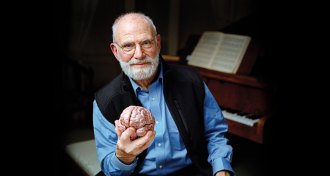 Neuroscience
NeuroscienceNew book offers a peek into the mind of Oliver Sacks
The wide-ranging essays in Oliver Sacks’ ‘The River of Consciousness’ contemplate evolution, memory and more.
-
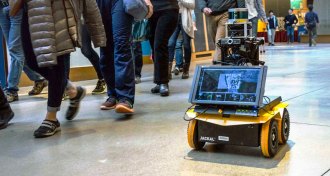
-
 Tech
TechNew atomic clock is most precise yet
This next-gen atomic clock ticks at a steady beat, but time will tell just how well it tells time.
-
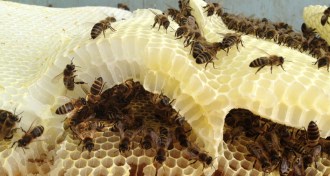 Agriculture
AgricultureMuch of the world’s honey now contains bee-harming pesticides
A controversial group of chemicals called neonicotinoids has a global impact, tests of honey samples show.